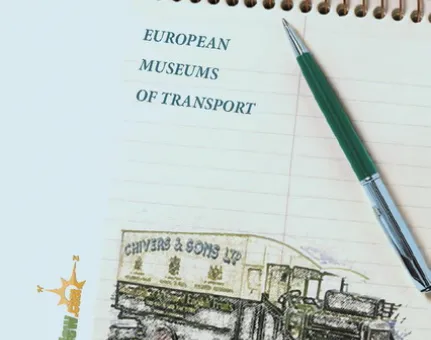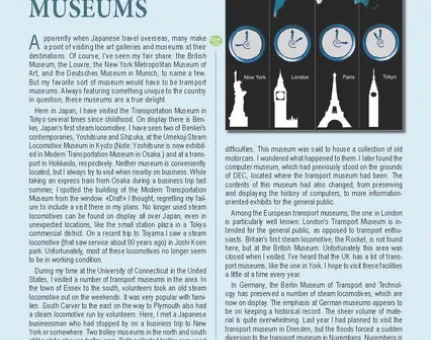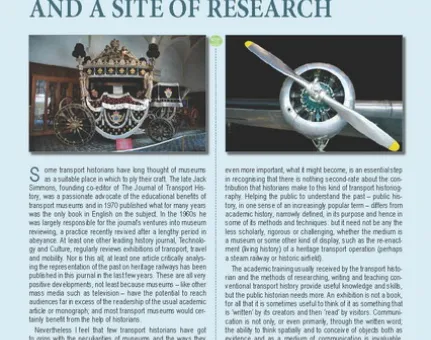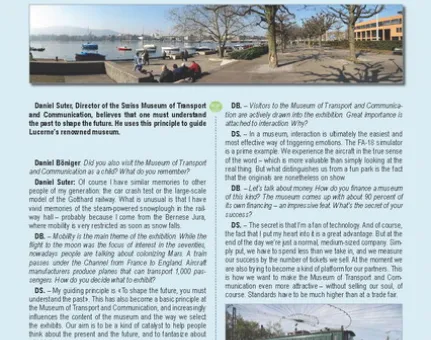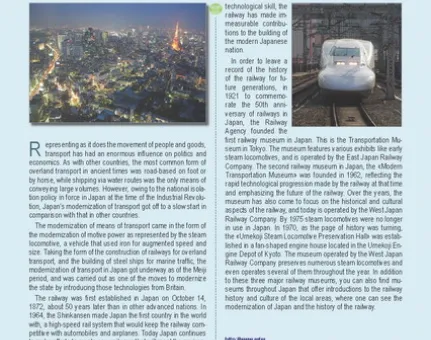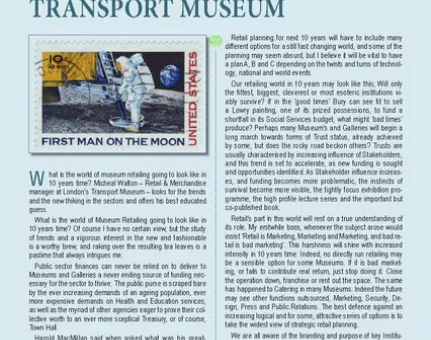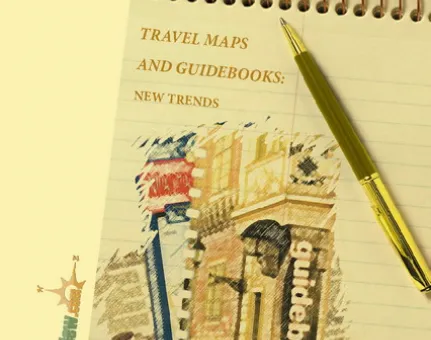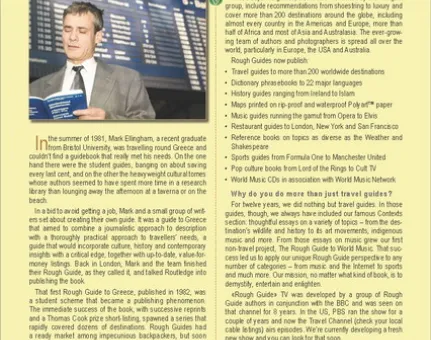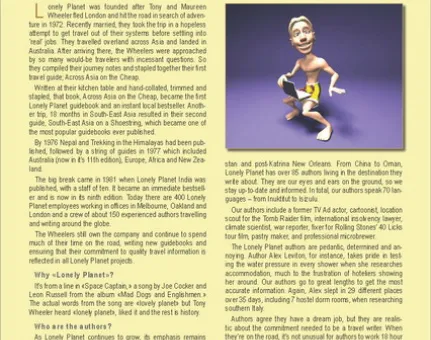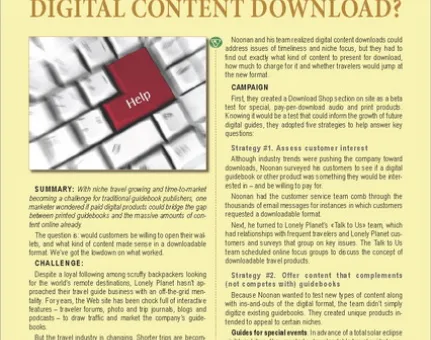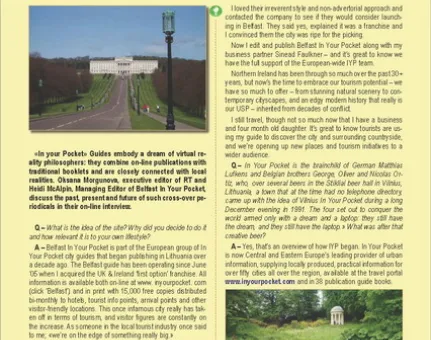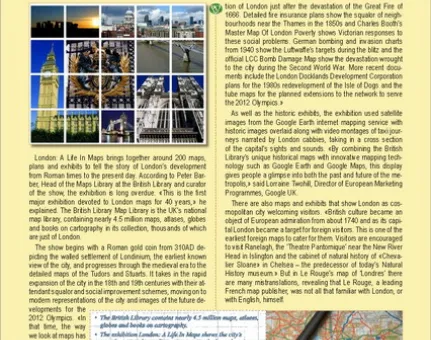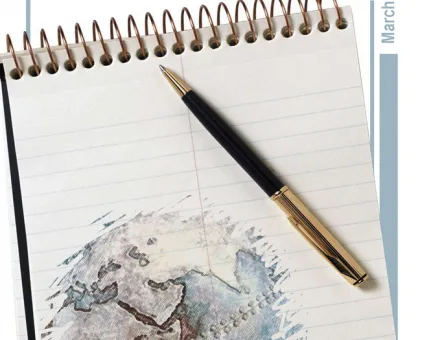
When we finished working on this issue, we realised that everything that is bound under the magazine cover No3/2007 is related to mobility and travel; stories about museums of transport in different countries, an overview of contemporary means of transportation in Eastern Europe, dynamic and inviting guidebooks and destination marketing and even spas that provide travelers with opportunities to relax. This is not surprising. Mobility is an integral part of modern society and contemporary culture. Mobility is an expression of freedom. Mobility and possibilities of travel symbolise, in a way, the level of prosperity and civic culture within a state. Mobility embodies a thirst for adventure and change… and after all, this is March, and people everywhere are planning their next travel itinerary; across, to, about, through… We hope T-R will be helpful when you are on the move.
Oxana Morgunova
Executive Editor Tourism-Review.com


